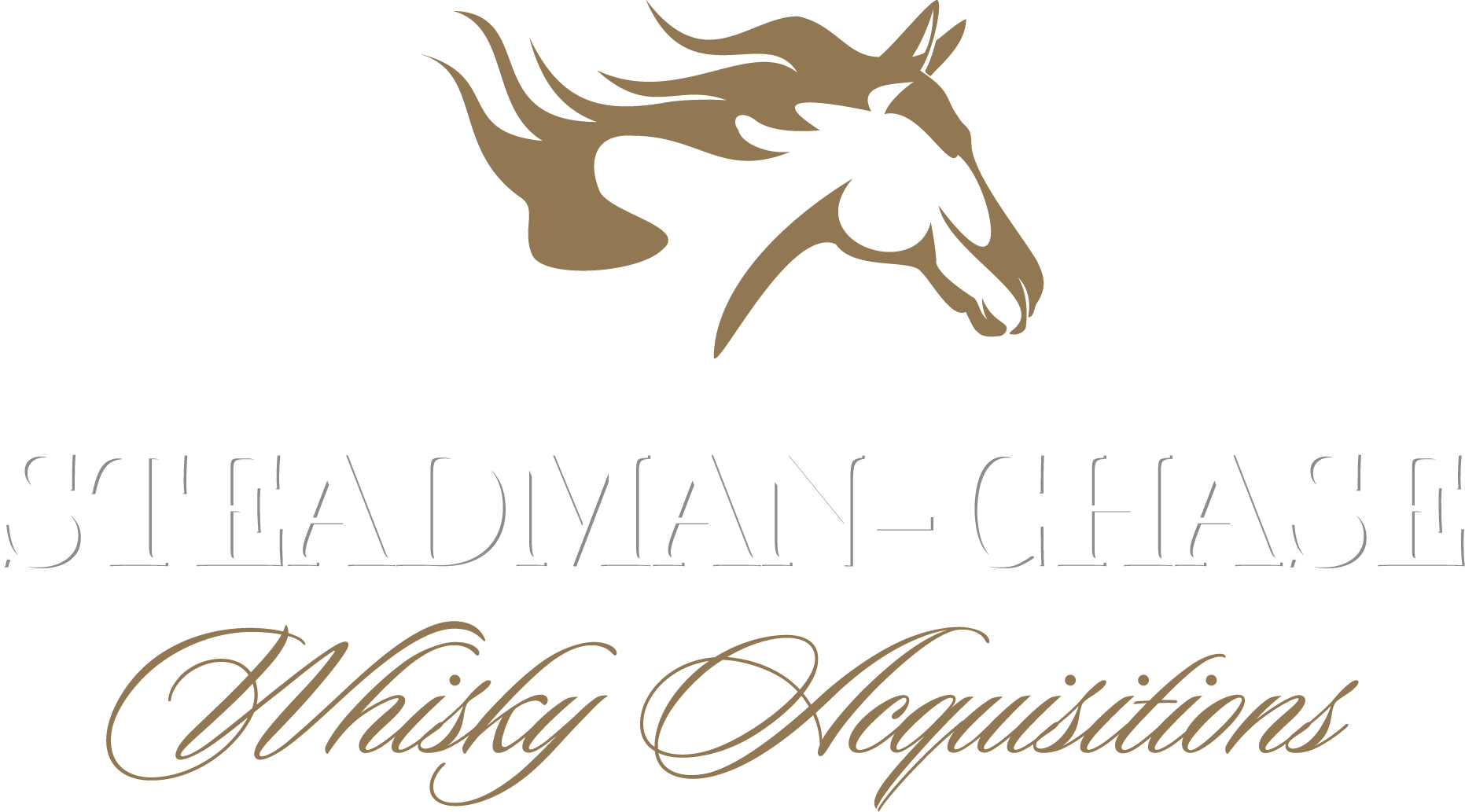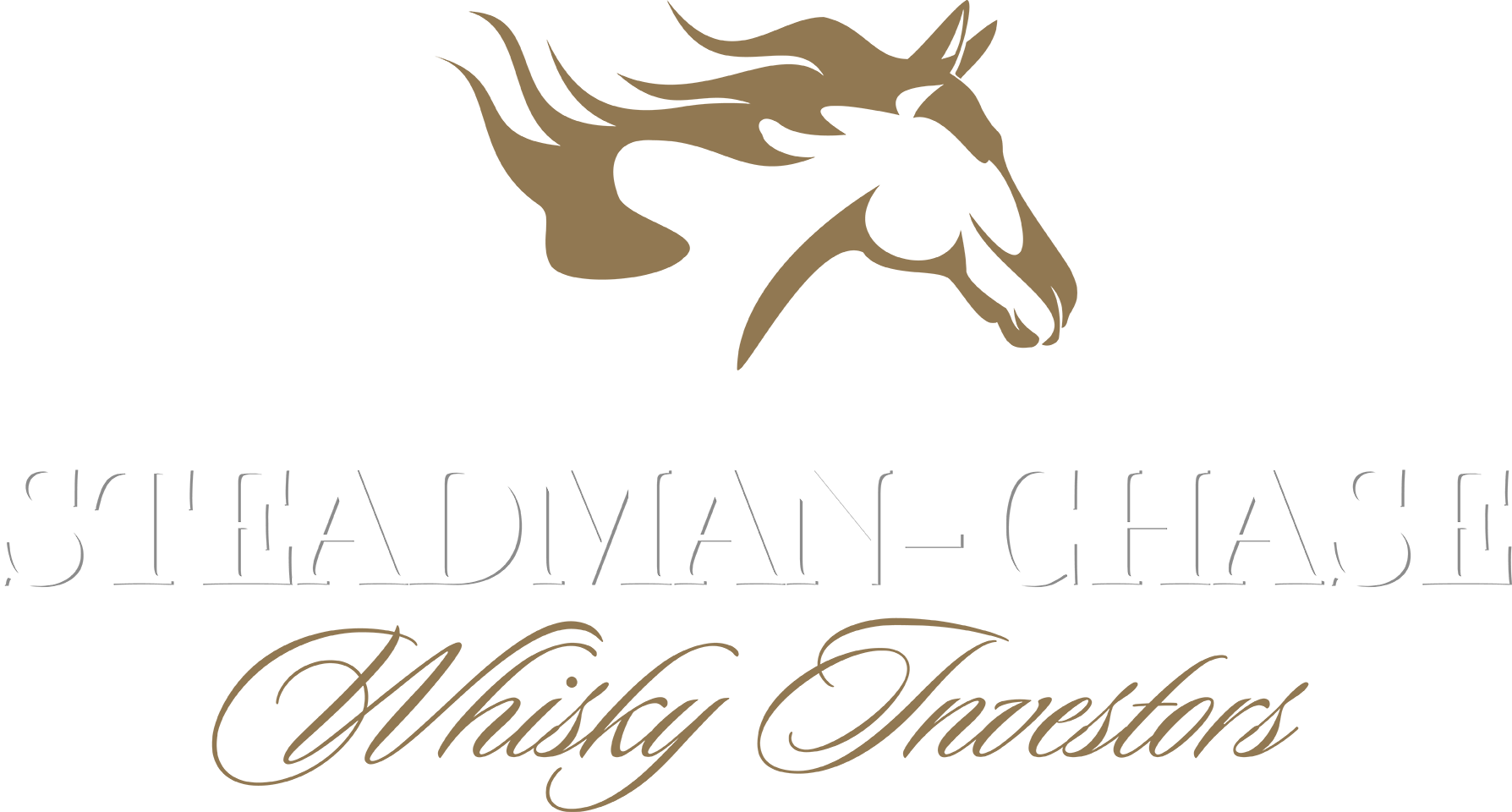Whisky, unlike many other stored products, develops and gains value as it matures in the cask. Buying casks instead of bottles is a more specialised method. However, it is far more profitable in the long run. Whisky, unlike wine, does not age in the bottle. Scotch Whisky’s flavour will not alter after it is bottled. The age declaration on the bottle relates to how long it has been ageing in the barrel. Even if the bottle is preserved for decades, the ‘age’ does not alter. Once bottled, a 10-year-old whisky will always be a 10-year-old whisky.
In general, the longer the whisky is left in the cask, the greater the quality. As a result, older whiskies attract a greater premium. When you buy casks, you’re getting a product that will improve and develop over time. Furthermore, the tax on whisky in bottles is substantially greater per LPA than on spirit in casks. So because whisky is ageing in a bonded storage, no duty is levied on it, making it incredibly tax effective.
Casks are classified as either “first fill” or “refill.” The term “first fill” refers to an American whiskey cask that is being used for the first time to mature Scotch. When used on a second or subsequent occasion, it becomes a ‘refill’ cask.
ABV, or ‘alcohol by volume,’ is a standard way of determining how much alcohol is contained in a given amount.
Whisky casks are considered a “wasting asset,” which means they are tax-free. Due to the porous nature of wooden whisky casks, only a little amount of whisky evaporates and is absorbed by the wood each year, generally less than 2% (the angel’s share). Your cask’s life expectancy is unlikely to be more than 50 years owing to evaporation.
At whisky distilleries, “the angels’ share” is a common term. As whisky ages in its cask, a little proportion evaporates through the wood and into the environment. This can range from 1% to 2% every year, although it is rarely that high.
The abbreviations OLA and RLA stand for “original litres of alcohol” and “regauged litres of alcohol,” respectively. RLA is the number of litres of pure alcohol left in the cask after a regauge, which verifies the health, contents, and value of your cask. OLA signifies the number of litres of pure alcohol initially placed in the cask.
The total litres of liquid in a cask, including pure alcohol and liquid, are measured in bulk litres. A cask of 200 bulk litres at 64% ABV contains 128 litres of pure alcohol (64% of 200).
When you store or transport your cask between bonded warehouses, it is held and transferred under duty suspension. This means you won’t have to pay duty on your barrel until the cask is released from bond, which is HMRC’s alcohol tax (currently £28.74 per litre of pure alcohol).
A tax-free storage facility is a bonded warehouse. The payment of duty and tax on goods kept there is postponed until they are purchased and sent out. This is normally done by a professional blender who buys your whisky when it’s ready to be bottled. Bonded warehouses are licenced and tightly supervised by HMRC because of the enormous potential tax extracted from alcohol. They’re one of the most closely guarded areas in the country. Your cask is in excellent hands.
A WOWGR licence (Warehousekeepers and Owners of Warehoused Goods Regulations) is a regulated certificate awarded to organisations who have satisfied HMRC’s stringent requirements for keeping duty-free spirituous drinks and intermediate goods in excise warehouses. Despite the fact that the barrel is technically yours, we will be your duty representative/custodian of the cask(s) in the eyes of HMRC because we have passed the onerous checks and been assigned one.
It is entirely up to you how long you keep your cask. Before you buy, we’ll go over everything in detail with you so that we can personalise everything to your unique needs, but we normally recommend a minimum of 5-10 years. The longer the whisky is stored, the better it develops, the rarer it becomes, and the potential revenues climb.
There are no minimum purchase or investment requirements. However, it will be determined by cask pricing and the cask you choose. The average first-time investor will invest between £10,000 and £20,000.
We can email you a certificate of delivery and, if possible, a photo of your cask sitting in the bonded warehouse once it has been transported to the bonded warehouse (warehouse dependent). The certificate of ownership is then issued by Steadman-Chase (wet signed and stamped by the founding director).
The certificate of title and related documents you get from Steadman-Chase show your legal ownership of your barrel (s).
If you pass, your whisky casks will be included to your overall estate and evaluated by HMRC. If you have a will, you can designate who will be the beneficiaries of your estate and how much they will get. Steadman-Chase advises that you obtain competent, independent financial counsel in this matter.
No. Depending on the stock on hand, the least investment is the price of the lowest-value cask at the time of the query. This charge varies daily, but there is no minimum.
Cask Whisky is not governed by any laws. HMRC is in charge of regulating and managing cask whisky. Cask whisky is considered a “wasting asset” by HMRC, and it is not regulated by the Financial Conduct Authority (FCA), which monitors “regulated” financial assets. Steadman-Chase always recommends that you get independent legal and financial counsel before entering into any transaction.
Scotland has been a constituent country of the United Kingdom since May 1, 1707. Scotland’s people voted against independence on September 18, 2014. Given that whisky accounts for 70% of Scottish food and drink exports, the widespread consensus is that after independence, they will be keener than ever to make trade deals anywhere they can, which will almost certainly include the United Kingdom. The United States, which is by far the world’s largest importer of Scotch, has a special relationship with Britain.
After the purchase of your cask(s), you will get an invoice, a paid receipt, and a certificate of title (wet signed and stamped by the founding director) or a Delivery Order (DO) to your own private account. All connected paperwork includes the cask’s unique number and the most recent regauge or filling data (OLA/RLA, AYS, ABV, etc.). After you become an owner, you will get paperwork and letters verifying the recommended continuous maintenance of your cask. You’ll be allowed to visit your barrel (depending on the warehouse), collect samples, and obtain paperwork and communication confirming the required cask maintenance.
Scams are sadly widespread in any industry with a high rate of success. Steadman-Chase has been in business for a long time and recommends that anybody interested in buying cask whisky do their research. When determining who to engage with, potential clients should seek independent advice and undertake extensive and accurate background investigations. Cask whisky is not covered by the FSCS since the FCA does not regulate its sale (Financial Services Compensation Scheme). The purchasing of cask whisky, on the other hand, is regulated by HMRC. Clients should avoid companies that offer astronomically high returns or claim “guaranteed profits,” as well as companies that are not registered on the WOWGR trading platform.
Purchases of cask whisky come with no guarantees. Any commitment would be deceptive because there are so many factors that impact markets. Buying and keeping whisky barrels for the medium to long term has historically been profitable, but past success does not guarantee future outcomes. Steadman-Chase is based on the simple idea that if you acquire whisky barrels and store them for a long time, the whisky you buy will be older, in lesser quantity, and hence more desired than when you first got it.
In any scenario, the essential takeaway is that you possess and can verify that you own specific, individually numbered whisky casks stored under bond at HMRC-regulated warehouses. The casks are yours and do not belong to Steadman-Chase. They are not available for purchase. If Steadman-Chase goes bankrupt, your barrel will not be auctioned to satisfy receivers or creditors. You are free to keep the cask.
Your cask is fully insured against fire, theft, and unintentional damage. In the unlikely event of a claim, Steadman-Chase will cover any excess through the insurer (AVIVA), so you’ll obtain the full market value of the cask at the time of the claim.
If your cask breaks, you’re covered for the full value of your cask at the time of the claim under the ‘accidental damage’ section of your insurance policy. Every year, AVIVA revalues the casks to provide you with the most up-to-date valuation, ensuring that any gains you’ve achieved are never lost.









